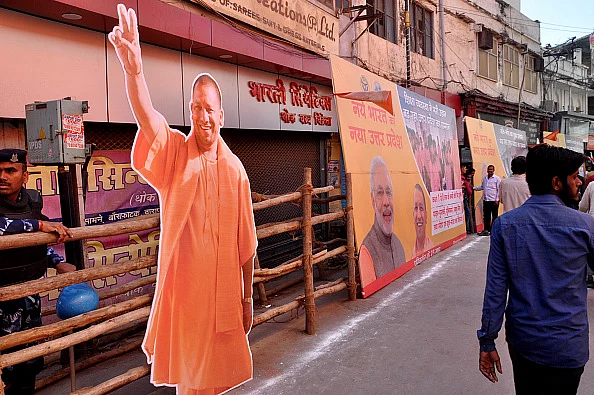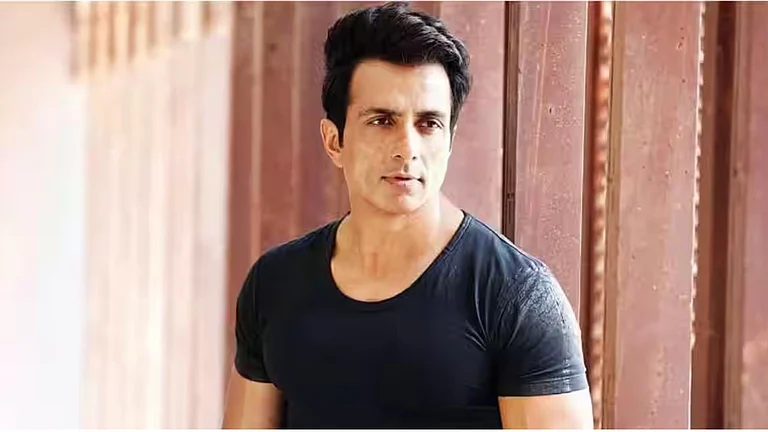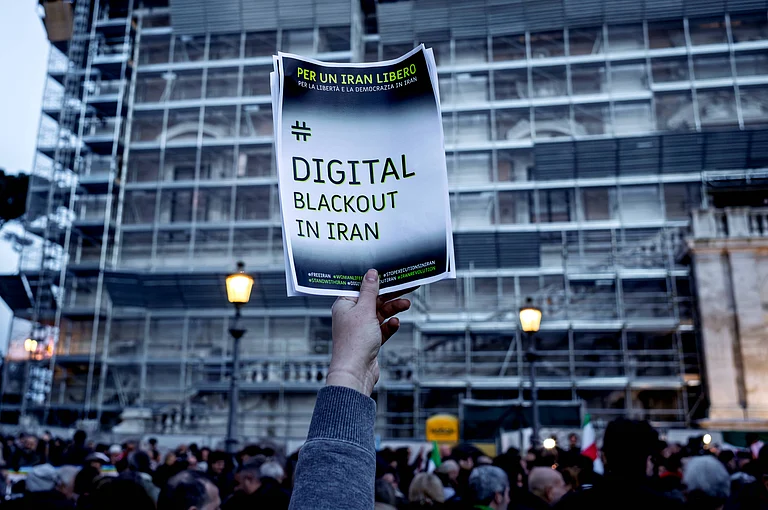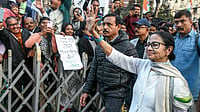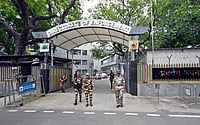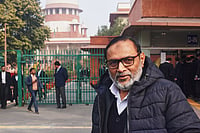Uttar Pradesh’s Social Media Policy (Policy), which was approved by the UP State Cabinet on August 28, 2024, has been termed arbitrary and unconstitutional, with the Press Club of India raising alarm that certain sections of the Policy go against the Indian Supreme Court's judgement striking down Section 66A IT Act. But this is not the first time a government has tried to control online narratives.
During his time as Gujarat's Chief Minister, Prime Minister Modi once said he regretted his poor handling of the media during the 2002 riots. However, during his decade-long tenure as PM, Modi has instituted several policies that, if misused, would do away with the Fourth Estate.
In 2014, the Modi government's first term saw Union Ministers deride and delegitimise mainstream media. Most infamously, Former Army chief and Union Minister General (Retired) VK Singh referred to journalists as "presstitutes". Singh faced no sanction for his derogatory remarks.
The press also reported being frozen out; PM Modi has now completed a decade in office without holding a single press conference.
Since coming to power, critics of the government, primarily journalists, have faced increased persecution. in 2020, the Free Press Collective estimated that 154 journalists had been either arrested and/or interrogated in the last decade. Of those, 67 cases were from 2020 itself.
In May 2024, the Committee to Protect Journalists (CPJ) said there had been "an uptick in the use of anti-terror laws, which allow for detention of an accused for up to 180 days, since 2014." CJP noted that between 2014 and 2023, the Indian state had sent 21 journalists to prison. In contrast, only four journalists were jailed between 2004 and 2013.
Curbing Digital Media
Since 2022, the government has shut down the internet 118 times, the highest number of internet shutdowns globally. The government has set codes of conduct for online media and restricted foreign direct investment in digital media houses. These codes have allowed State governments to jail journalists for ‘objectionable’ or ‘anti-national’ social media posts. Many termed the government licensing policy for TV news channels arbitrary.
The government has instituted new rules and regulations on digital media, such as The Information Technology (Intermediary Guidelines and Digital Media Ethics Code) Rules (IT Rules), 2021.
The IT Rules increased government oversight over digital content. They opened the door for potential harassment and state censorship of digital news media houses.
The government also proposed legislative measures like the Registration of Press and Periodicals Bill, 2019. However, the Bill faced some resistance to provisions that sought the centralisation of newspaper registration and mandatory registration of e-papers.
Tax, ED Raids, and other pressure tactics
The government also imposed control through the Executive branch. Tax surveys and investigations targeted media organisations that were or are, critical of the ruling party or Modi.
In 2021, Social media website X objected to the government's then-newly introduced IT Rules. This was promptly followed by the Delhi Police Special Cell 'visiting' the X's Indian office in Gurugram.
At the time, X had reportedly said it had "concerns with regards to the use of intimidation tactics by the police in response to enforcement of our global Terms of Service, as well as with core elements of the new IT Rules."
In January 2023, the British Broadcasting Corporation (BBC) made a documentary on PM Modi. Following the film's release, the income tax was surveyed at the BBC's Delhi office, and the documentary was blocked from Indian OTT outlets.
Data collected by media watchdog Reporters Sans Frontières confirms that the government's new measures restrict media freedom. According to the 2014 Press Freedom Index (PFI), a media watchdog ranked India 140 out of 180 countries. Within nine years, India dropped down to 161 on the PFI.






